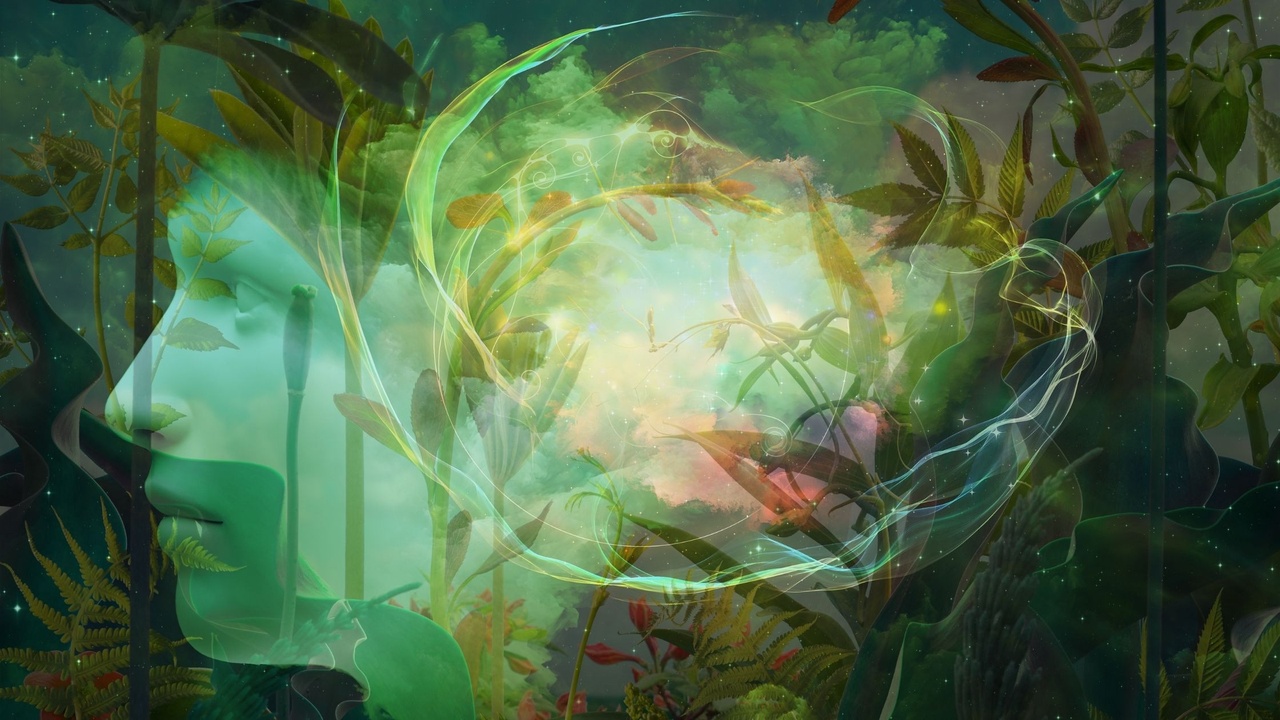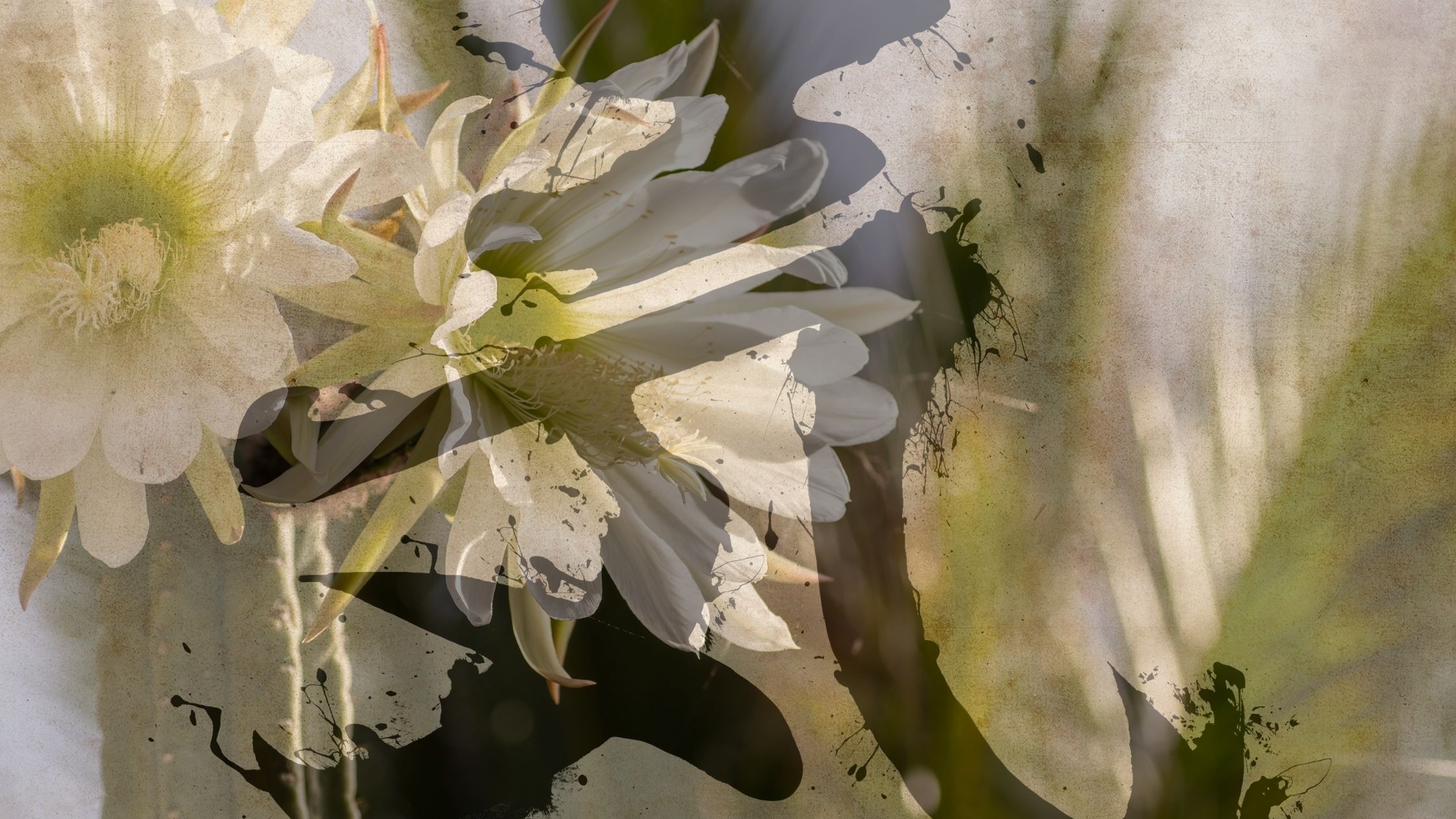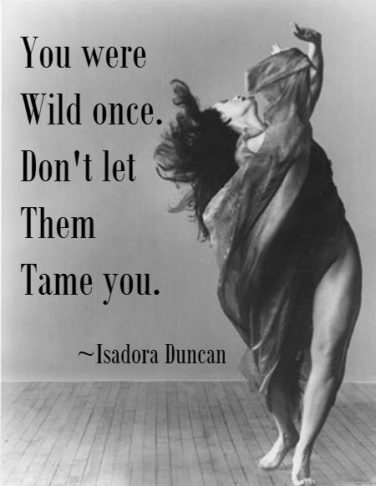Plants & Mental Health: Part 1
Sep 24, 2021
I recently finished re-reading a book I had not gotten to the end of and was utterly surprised by one of the ending statements after hundreds of pages reminding me how WILD and amazing I am.
It read, ”Take your damn meds.”
As someone who has struggled with mental health and taken medications in the past, I found this statement so diminishing, traumatizing, angering, and directly in contradiction to the entire message of the book. In fact, it just reinforced the suppression of women, people of color, queers, and indigenous peoples for being too WILD. You can be as free as you want but if you struggle, then take these pills to tame that part of you that brings trouble.
NOW, I am NOT necessarily opposed to medications, but I find there is a lack of education around alternatives. I have worked in mental health for 15 years; I treat people with all kinds of trauma, and I understand we are all individuals who have very different needs at unique times. I have seen medications save people from immediate danger, but have also seen herbs and plant medicines accomplish the same.
As a pre-teen and onward, I struggled with an eating disorder, depression, anxiety, my sexual identity, was diagnosed with bipolar and PTSD, and was eventually put on medications in my mid-twenties after being sexually assaulted by a "friend". The doctor's prognosis was always the same, a life sentence with no hope of parole, as I would always be on medications. That was not good enough for me so I sought a different paradigm in which to view my mental health.
In "Quit Like A Woman" Holly Whitaker, writes about the difference between the patriarchal recovery paradigm and the feminine-centric recovery paradigm in terms of addiction. In the former, the model is based on a top-down method where the person is broken and being fixed from the outside via authority figures, whereas the latter model approaches a person from the bottom up, that you are an expert in your own life, and not broken. The feminine-centric model has the elements of Ken Wilbur's Integral Theory Map in which to nurture the "four quadrants" of the human experience for personal evolution. The areas are:
- "I" - Internal Processes (psychology, beliefs, meditation, spirituality, knowledge, etc..)
- "We" - Shared Meaning (community, relationships, etc..)
- "It" - The Physical Body (nutrition, exercise, lifestyle, etc..)
- "Its" - Environmental Structures (home, location, career, life path, purpose, etc...)
While I have worked with addiction and have definitely self-medicated issues in the past (who hasn't), I found this model to be very similar to the approach I took as a young woman. I drew on an understanding of mental health based on a Spirit perspective from shamanic and Native American teachings. I had studied with Elders from various Northern tribes, as well as herbalists from around the world who viewed the chaos from a mind-body-spirit disconnection. Instead of just pointing to a pill, they helped me find practices that would empower me to heal the pieces within that had been damaged by circumstances.
"The goal here is to create a situation you no longer have to escape from, or a life you don't have to numb." ~ Holly Whitaker
As a hereditary herbalist, witch, medicine woman, and all-around plant medicine enthusiast, I have found plants and natural medicine to be far more helpful, with fewer side effects than the medications I took ever were. In fact, what first brought me to Peru a decade ago was a desire to deepen my understanding of how plants and ceremonies could help mental health conditions, and I was successful.
Currently, there is a tidal wave of people pointing towards plant medicines as the cure-all for mental health conditions. However, equating plants and meds as a one-to-one correlation, even plant medicines (Cactus, Ayahuasca, Mushrooms, etc…), create unrealistic expectations and miss the point of holistic healthcare. Plants are synergistic; require preparation, integration, and a change of mindset in how they function. Combining plants with supportive practices such as shadow work, ritual, nutrition, coaching or counseling, hormone balancing, exercise, acupuncture, and meditation creates more lasting transformation by building a support base, rather than a point-and-click approach.

In Chinese medicine, the mind is connected to the Spirit, called Shen, and correlates the emotions to the various organs of the body. Many of the suggestions above are used in conjunction with treatment to bring about balance and empower the individual to be a part of their own healing. Herbal medicine is often included in this process, with many successful cases. (Stay Tuned for herbs for mental health post coming soon!)
I am fully aware that people are different, have different needs, access, and circumstances, however, there is a lack of in-depth education on this subject. With more people turning to plant medicines to help and succeeding at least for short periods of time, I cannot help to feel on edge about the WAY people approach these sacred plants when they reaching out for help. (This is a huge topic in itself and will be approached in the near future.)
But, back to the point at hand. To be told by a famous and well-respected author that if I am struggling the only way to succeed is to take medications, even if they do not work most of the time (by their own admission), is a far better solution than none at all, perpetuates the oppressive cycle of toxic patriarchal models. The reality is that there ARE other options, but the choice is always your own.
The pharmaceutical industry makes billions of dollars off of people being sick for life with chronic and incurable (supposedly) physical and mental health conditions. The fact that there are options that are less expensive in the long run that have lasting transformational qualities, fewer side effects, promote wellness & connection on multiple levels, and reduces the amount of time you will be reliant on them, is a massive blow to these companies baseline paradigms.
Of course, they would want you to be fearful, suspicious, and questioning of natural substances. Of course, they would simultaneously be looking for ways to patent these herbal and plant medicines in order to sell back to you, while making a huge profit. Of course, they would diminish a holistic approach to your well-being, citing brain chemistry as though you were a machine.

But you my WILD friends… will not be tamed…you are not a machine but rather a WILD force of nature whose balance is unique and requires attention to detail. Look into practices, mentors, programs, and communities which support your empowered autonomy in your healthcare. Decolonize your understanding of health, medicine, and your own body. It is time to take back your wellness on all levels from old systems of oppression. Stay curious, informed, and open!
In WILD health,
Seven
For more information about my programs, one-on-one support, or spirit, health & wellness packages set up a discovery call or email me. The Gateway to Light online group shadow work program starts later this fall, so contact for details.
Embodiment in your inbox
Receive a free eBook on Earth when you subscribe to receive masterclasses and updates for living a more magical life delivered to your inbox.
We hate SPAM. We will never sell your information, for any reason.



